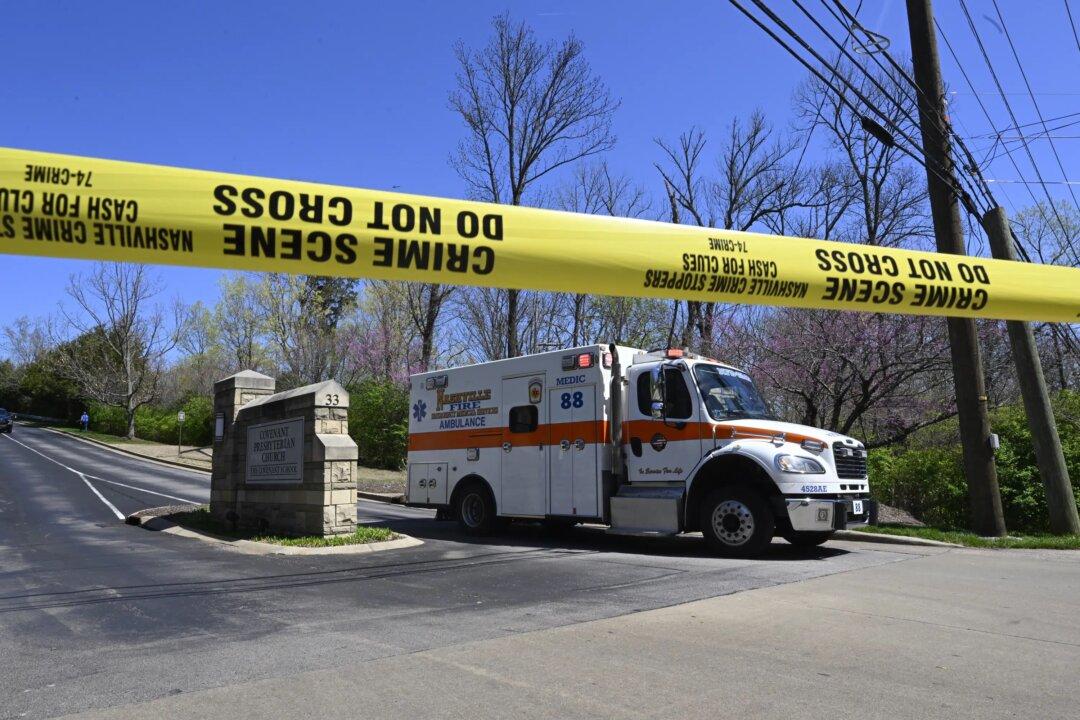Transgender youth are more likely to show support for “violent radicalization” compared to biological women and other groups, according to the findings of a study by researchers in Canada.
The study, titled “Meaning in Life, Future Orientation and Support for Violent Radicalization Among Canadian College Students During the COVID-19 Pandemic,” was published in 2022 in the Frontiers in Psychiatry.




